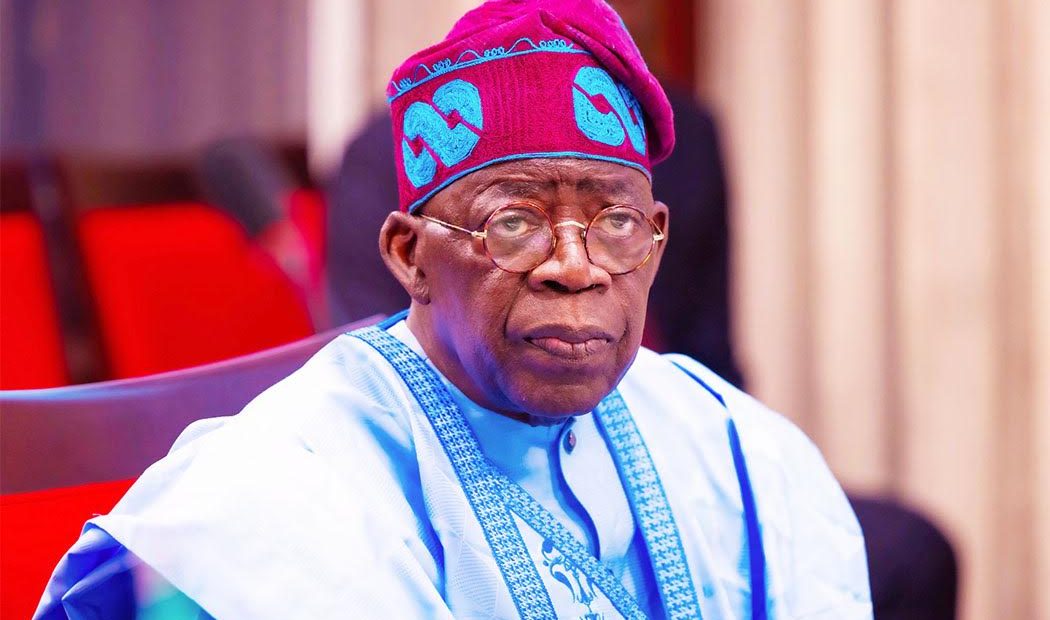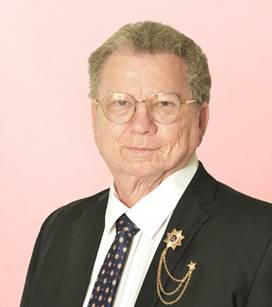Nigerian Govt ends paying contractors in Dollar

Nigeria
Dooyum Naadzenga
In a sweeping move set to ripple across the corridors of Nigeria’s public administration, the Federal Government has banned all Ministries, Departments, and Agencies (MDAs) from entering into contracts denominated in foreign currency—heralding a bold new era of fiscal discipline and economic sovereignty.
Syntax of Discipline: Naira Now Rules
Unveiled in the freshly released 2025 Appropriation Act Implementation Guideline, this directive commands that all contracts and obligations by MDAs must be executed exclusively in Nigerian Naira. Any deviation, the document insists, will require explicit approval from the highest fiscal authority: the Minister of Finance and Coordinating Minister of the Economy.
“MDAs are to ensure that their contracts are wholly denominated in Nigerian Naira. No MDA is authorised to enter a contract denominated in any foreign currency without the prior approval…” reads the official guideline.
This isn’t just bureaucratic stringency—it’s a rallying cry for economic nationalism, an emphatic push toward internal resilience, and a direct response to Nigeria’s persistent foreign exchange volatility.
No More Dollar Drain: Inside the New Fiscal Firewall
The new rules do not stop at contract denominations. They also clamp down on reporting with forensic precision. MDAs must now submit monthly Budget Performance Reports, and failure to comply means forfeiting future budget releases. The government’s message could not be clearer: funding will henceforth follow accountability and project progress, with no room for inertia or opacity.
Further, the document insists on a leaner payroll, outlawing unauthorized personnel cost increases, blocking clandestine salary arrears, and auditing employment processes against strict statutory quotas—including a mandatory 5% job reservation for persons living with disabilities.
On tax—and the generous waivers that have traditionally bled the Treasury—the hammer has fallen hard. MDAs are explicitly forbidden from granting any exemptions unless they pass through rigorous legal and fiscal scrutiny. New rules tether all tax expenditures to a preset annual cap, clamping down on leakages before they begin.
Renewed Hope, Renewed Priorities: ‘Nigeria First’ Takes Center Stage
President Bola Tinubu’s Renewed Hope Nigeria First policy, ratified in May, breathes added force into this transformation. The principle: public money must be spent on Nigerian goods, services, and talent wherever possible—an explicit echo of America’s “America First” but tailored for Nigerian renewal.
Minister of Information and National Orientation, Mohammed Idris, declared, “This directive puts Nigeria at the centre of every kobo the government spends,” as the presidency moved to back the policy with the full weight of an Executive Order.
The message: if it can be sourced locally, the days of importing—be it expertise, equipment or contracts—are coming to a decisive end.
Expert Voices: Cheers and Caveats
Lagos-based economist Adewale Abimbola calls the directive “a fiscal control measure aimed at curbing misuse of access to foreign currencies within government contracts,” but he cautions that without tight oversight and real penalties, the policy’s impact may be blunted.
Development economist Dr. Aliyu Ilias goes further: “Most of our problems with forex are because we pay for too many things in dollars—including contracts and even salaries.” He advocates sweeping out the practice altogether, warning that even occasional approvals for dollar contracts generate unnecessary forex pressures.
Both experts agree: while this policy promises to shore up the naira and tamp down corruption, success will rest on uncompromising enforcement and a cultural shift toward valuing the local currency.
A Defining Moment
What is unfolding now is nothing less than an economic inflection point. With the Budget Office and Auditor-General empowered to monitor compliance, and new rules underscoring local content, the Federal Government is betting on a future anchored in discipline, transparency, and homegrown confidence.
The age of dollar-dominated public contracts in Nigeria may soon be history. For officials and contractors alike, it’s naira—or nothing.








